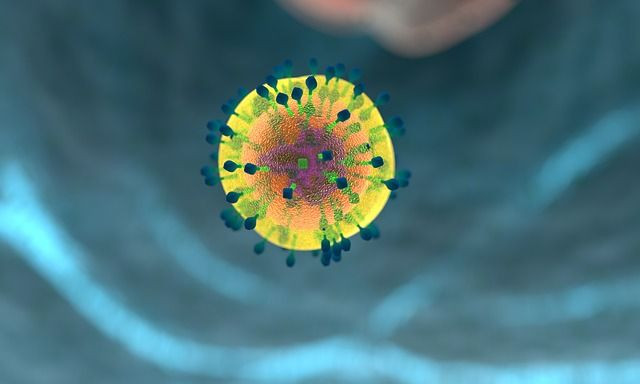Latest HIV Research News: Antibody Developed That Makes Immune Cells Resistant To Virus

In the latest efforts to find a cure for HIV, scientists at the Scripps Research Institute in California found a way to replace infected cells with virus-resistant cells in order to create, and maintain, an HIV-free environment. Although this technique has been shown to work only in a lab setting, the researchers hope to change that.
For the study, Scripps researchers bonded HIV-fighting antibodies to immune cells, which made the cells resistant to the virus; these cells then quickly replaced the infected cells. What makes this treatment different from past attempts is that researchers have figured out a way to tether HIV antibodies to the cell surface, instead of having them float freely in the bloodstream. According to study researcher Jia Xie, this effect would result in longer-term protection against the virus and could be thought of as a cure, Medical Xpress reported.
“The ultimate goal will be the control of HIV in patients with AIDS without the need for other medications," John A. Zaia, M.D., director of the Center for Gene Therapy in the Hematological Malignancy and Stem Cell Transplantation Institute at City of Hope, said in a recent statement.
The technique involves using a virus known as a lentivirus to deliver genes to human cells cultured in a lab dish which instructs them to create specific antibodies. These antibodies bond with a human cell receptor that the target virus, in this case, HIV, needs. Because the synthesized antibodies have bonded to the receptor, HIV has no room to do so, and therefore cannot enter the cell and further spread the infection. Initially, the team tested this new technique on the cold virus before moving onto HIV. The technique was successful in both cases.
Although more work is needed on this technique before it can be tested on humans, this initial success has caused excitement. Other recent HIV research has also focused on using HIV-specific antibodies to target the virus. For example, in January, researchers from New York and Germany created an HIV-neutralizing antibody called 10-1074 which showed high antiviral activity when released into HIV-positive patients.
Source: Xie J, Sok D, Wu NC, et al. Immunochemical engineering of cell surfaces to generate virus resistance. PNAS . 2017
See Also:
HIV Cure 2016: Treatment Successes And Near Misses Of HIV Positive Patients



























